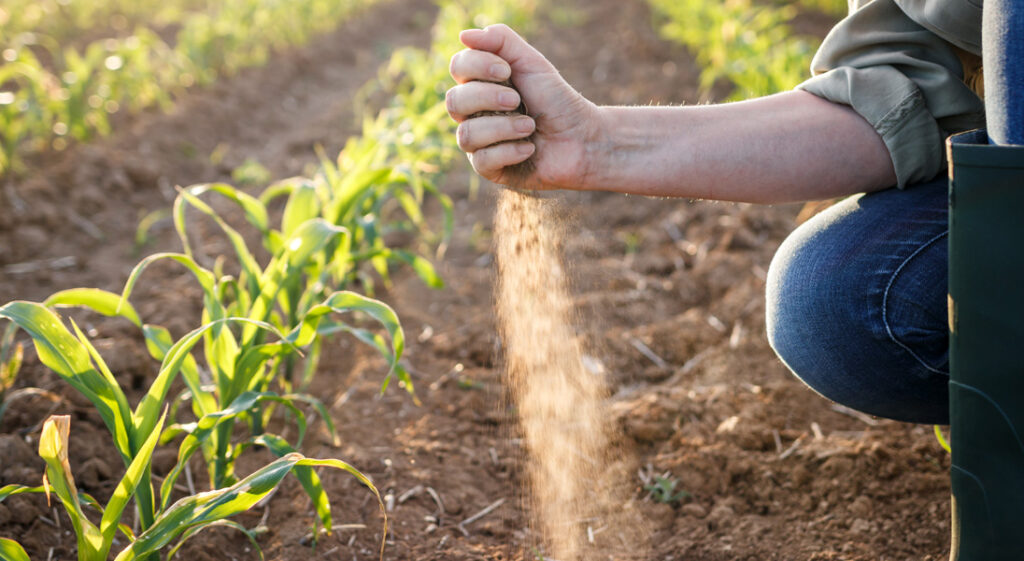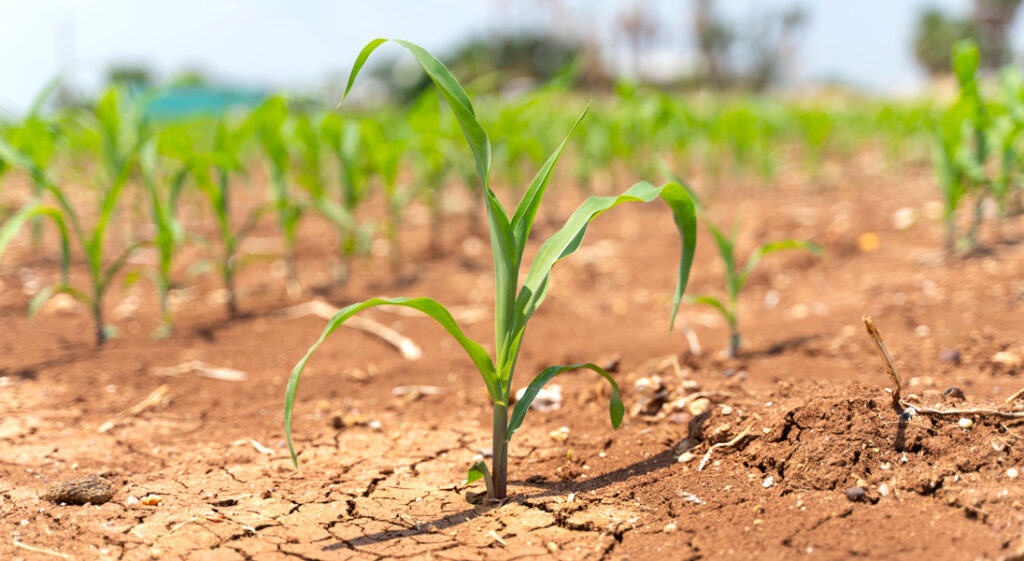4 key sustainable agricultural goals
Insight

Sustainability is critical to agriculture now, and for our future.
What does sustainable agriculture actually mean though? It is of course about taking measures to protect the environment, soil health and preserving our natural resources but also, importantly, about providing growers with a reliable income. We need growers to thrive so we can continue to feed a growing global population.
Sounds straightforward? Agriculture is already facing some significant challenges including:
- The rising costs of fertiliser and other agriculture inputs
- The need to better understand and improve soil health
- Increased pressure to ensure growing practices maximise carbon sequestering
- Ensuring future food security
How can growers meet these challenges as well as improve their sustainable efforts?
Biostimulants are part of the solution. Complex biostimulants, such as Maxstim’s Agriculture+ and Cynosa have already been proven to enable growers to overcome these four key challenges.
1. Complex biostimulant formulas can reduce the need for fertiliser applications and additional agricultural inputs.
The cost of fertiliser has been steadily growing over a couple of decades, however, recent political unrest has resulted in certain nutrients becoming limited, causing a dramatic increase of 200-300% in the price of these agricultural inputs. The use of biostimulants means that when fertiliser is applied, it is used more efficiently (nutrient use efficiency) by the plant.
Interested in how? Watch our CEO and CSO discuss this issue in more depth here.
2. Complex biostimulants can improve the health of the soil.
A third of the world’s soil is now moderately to highly degraded (United Nations FAO), meaning the ability to grow crops is severely hindered because of erosion, compaction, a loss of nutrients, pollution, acidification, increased salinity and a loss of soil biodiversity. We have proven that Maxstim products can help to overcome this challenge by reducing the need for chemicals such as pesticides. Rather than damage the biodiversity of the soil through pesticides, biostimulants can boost a plants natural resilience. Healthier plants will have stronger and denser root systems in which rhizobacteria and fungi can flourish. This improves nutrient availability and enhances plant productivity and the physical structure of the soil. This reduces the need for the expensive fertilisers, maintains or increases yield and nutrient pollution can be avoided.
3. Plants treated with Maxstim’s unique formulas are healthier with a more established root system, meaning they are capable of sequestering more carbon from the air.
Our complex biostimulants boost the development of deep root systems in crops and help the establishment of cover crops, which aids the carbon sequestering process and protects soil health. Healthy, biodiverse soil, full of organic matter, supports bigger plants that are able to capture more carbon from the air and sequester it into the ground.
4. Complex biostimulants can deliver food security by consistently increasing yields and improving the efficiency of land use.
As the population increases, so is the demand for food. To support this food production will need to increase by 10-20%, but this needs to be achieved without the acquisition of large areas of land for agricultural use. Research scientists at Maxstim have undertaken a number of field trials on a multitude of crops, generating large data sets that demonstrate that our range of complex biostimulant products enhance crop quality and yield. This means that the land already designated for agricultural use can be used more efficiently with complex biostimulants. As crops are exposed to higher levels of abiotic stress resulting from more extreme climate instances, we find that our biostimulants provide great resilience too. You can watch our CEO and CSO discuss this here.
To find out more information about how you can reach your sustainability goals view our product range or get in touch with our specialists :
Tim Cannon
Email: tim.cannon@maxstim.com
Mobile: 07884 586191
Tony Kelly
Email: tony.kelly@maxstim.com
Mobile: 07974 435417

